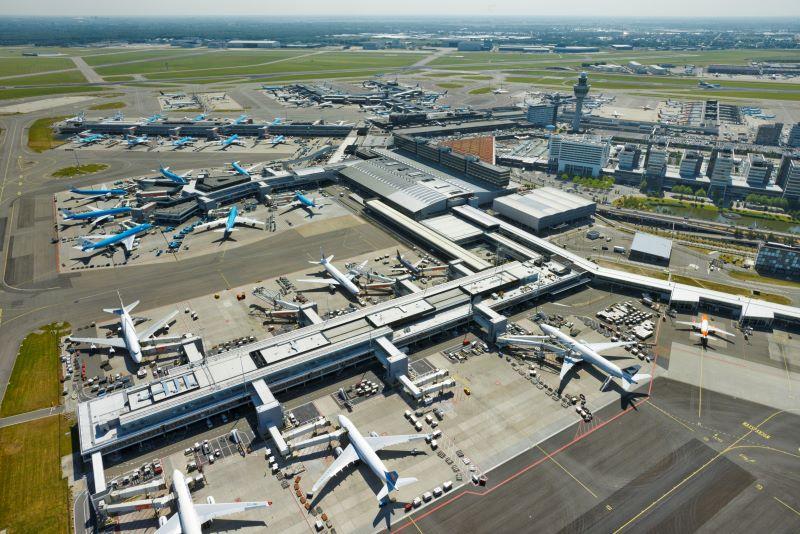U.S. DOT Makes First Formal Move Addressing Schiphol Reductions

Amsterdam Schiphol
Credit: Schiphol
Responding to pleas for intervention from U.S. airlines, the U.S. Transportation Department (DOT) has found the Dutch government’s flight cuts at Amsterdam Schiphol Airport (AMS) are anticompetitive and in violation of the U.S.-EU Open Skies agreement. The department stopped short of imposing...
Subscription Required
This content requires a subscription to one of the Aviation Week Intelligence Network (AWIN) bundles.
Schedule a demo today to find out how you can access this content and similar content related to your area of the global aviation industry.
Already an AWIN subscriber? Login
Did you know? Aviation Week has won top honors multiple times in the Jesse H. Neal National Business Journalism Awards, the business-to-business media equivalent of the Pulitzer Prizes.






